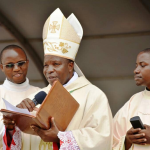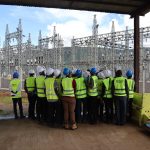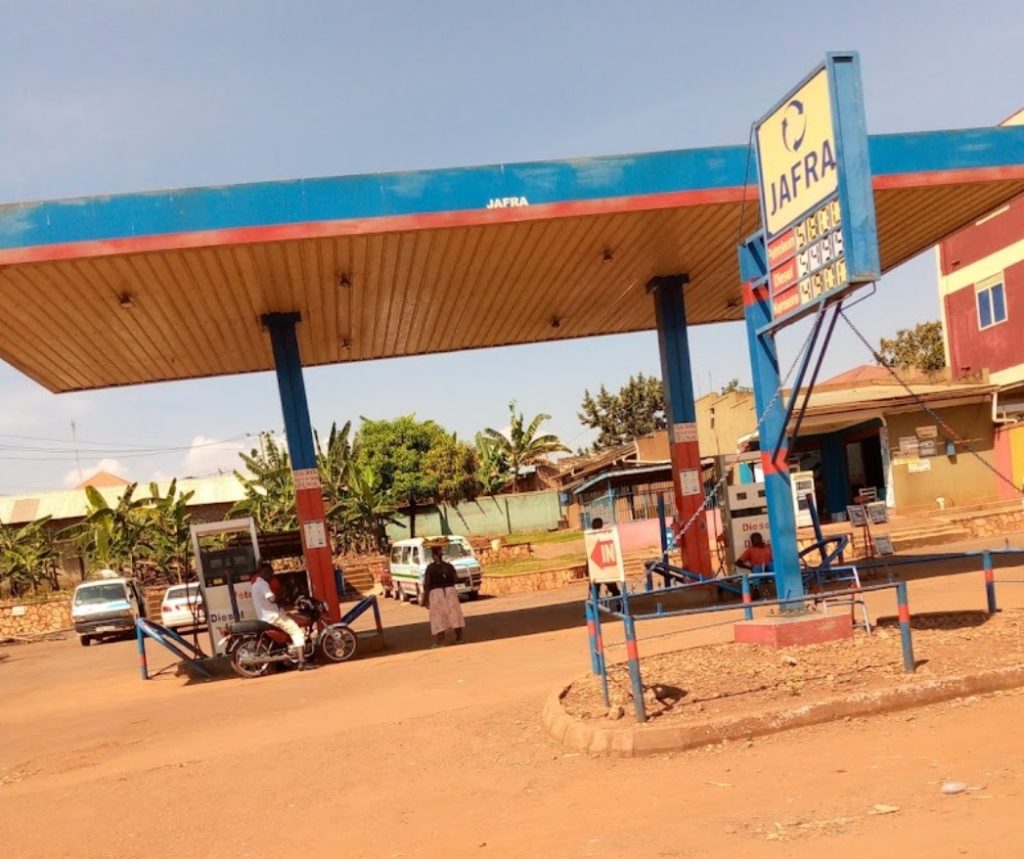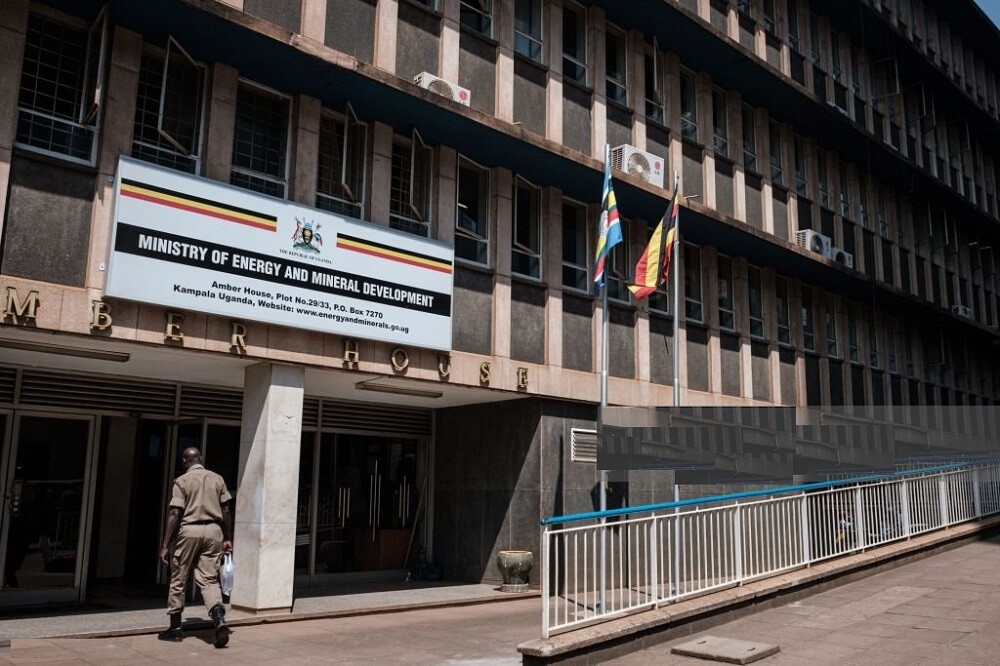Uganda is in early-stage negotiations with a Sri-Lankan firm, Senok Wind Uganda, to potentially harness over 40 megawatts of wind electricity. The talks, aimed at greening Uganda’s electricity grid by 2030, represent the country’s commitment to phasing out fossil fuels.
Mr. Don Bwesigye Binyina, Executive Director of the Africa Centre for Energy and Mineral Policy, revealed during the fifth annual Great Lakes Mining and Energy Transition Mkutano in Kampala that the negotiations are underway, with the investors securing a power purchase agreement. Senok Wind Uganda, a subsidiary of Senok Wind Power Pvt, has already installed data-gathering windmills in Karamoja-Rupa.
Uganda aims to achieve a clean national electricity grid by 2030, relying on increased generation from renewable sources like wind, solar, and water to replace fossil electricity. Mr. Binyina emphasized the importance of strategically transitioning to renewable technologies in the wake of the global shift from fossil fuels to green energy amid a climate crisis.
Highlighting the mineral-rich Great Lakes Region, Mr. Binyina noted that minerals crucial for technological advancements, such as copper, cobalt, tin ore, tungsten, and tantalum, are abundant in countries like DR Congo, Zambia, Rwanda, Uganda, and Burundi. As the world embraces renewable technologies, the demand for these minerals is expected to rise.
The meeting focused on fostering inclusivity, participation, and regional collaboration to achieve sustainable natural resource use amid the energy transition in the Great Lakes Region. The transition is expected to boost demand for minerals and contribute to the region’s economic development.




















